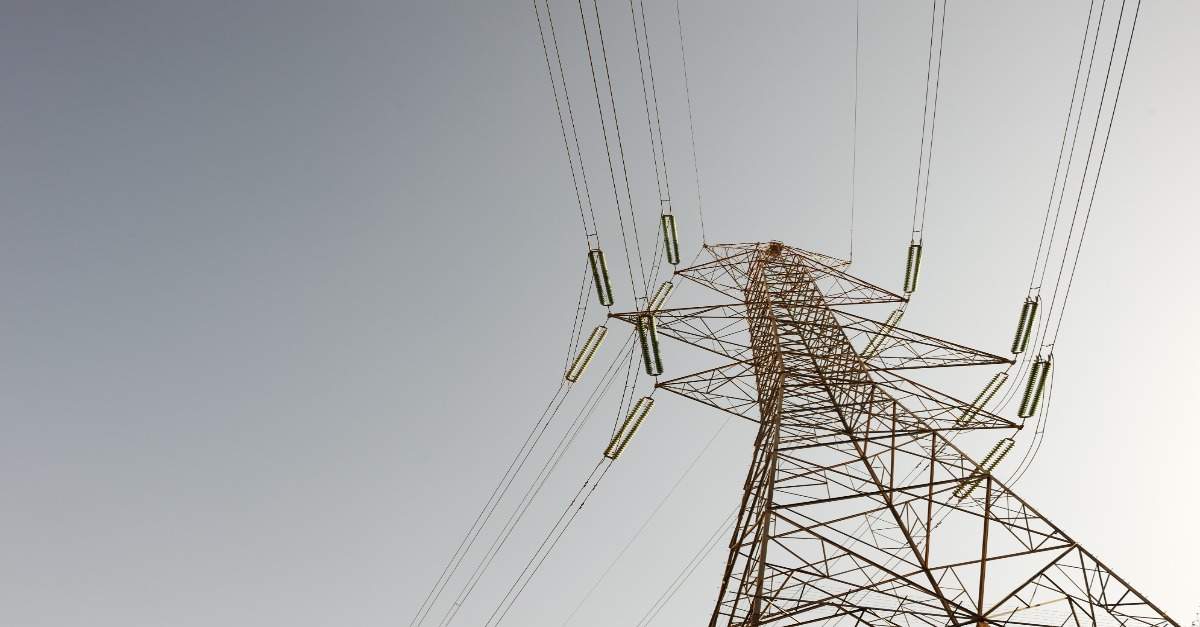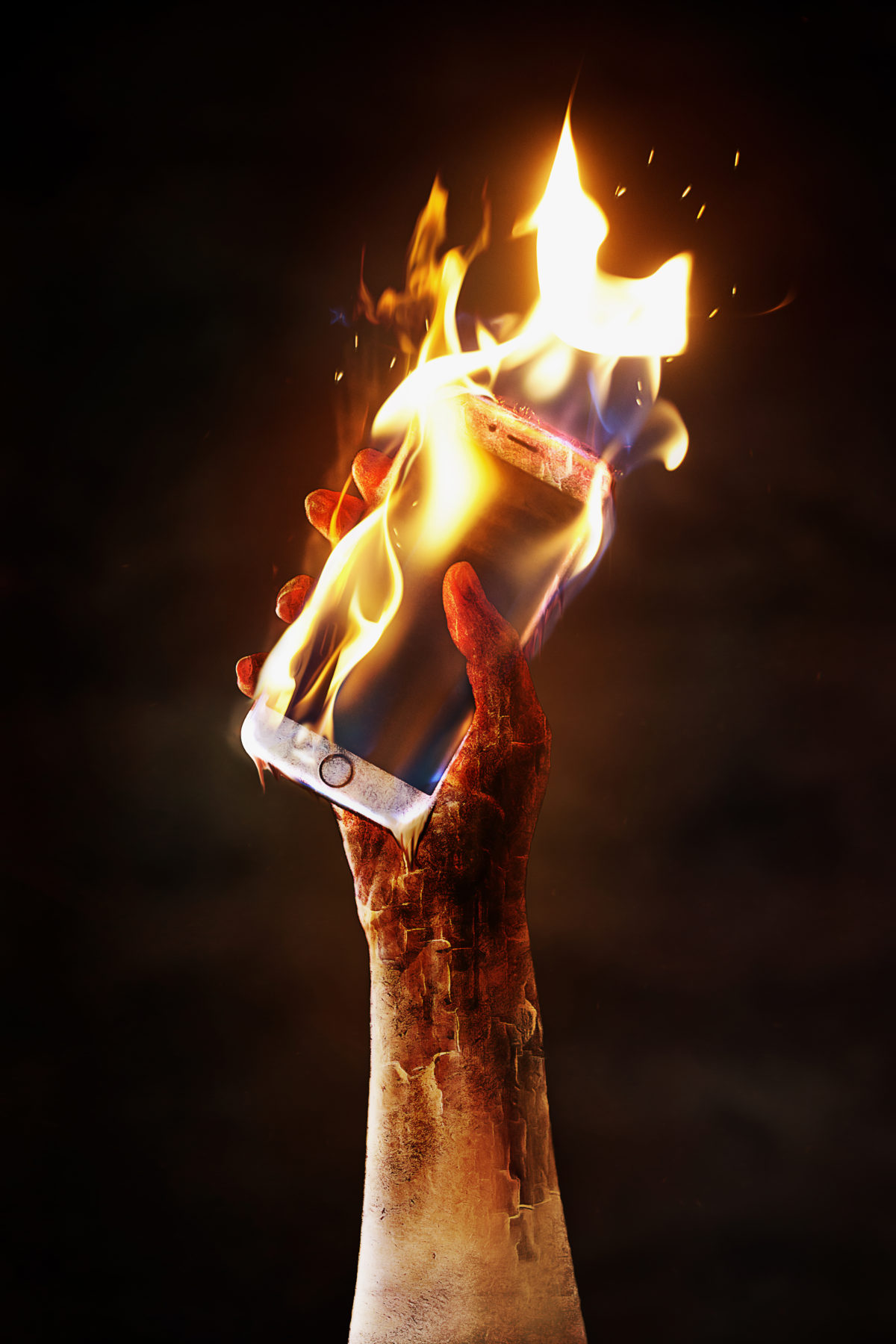Holiday Tech Gadgets for Power Grid Outage Survival
Enigma Forensics CEO & President Lee Neubecker along with Associate Sammy Macrito discuss holiday gift ideas for the tehnology geek on your list. Recently, California has been experiencing massive power grid outages and most people were not prepared because they simply didn’t think about what happens when you loose power. Techno gadgets will help you survive during a power grid outage. No matter how long it is! Tune is as our technology geeks, Lee and Sammy have some fun and share their favorite techno gadgets. These are great gift ideas for the technology geek on your holiday list.
The transcript of Holiday Gift Ideas follows:
Lee Neubecker: Hi, so today we’re going to talk a little bit about some of those techno gadgets that you might want to consider buying your loved one who might be concerned about losing power and not having their techno gadgets. So today I’ve got Sammy Macrito on with me, and we’re going to talk about some of those items that you can pick up. Many of them are available for under a $100 or even less online. We’ll have a link on our page that shows items if you’re interested in buying them. So the first one we have here is this flashlight which is a combination, it’s flashlight that you can crank up, you can turn on the light, and it’s powered both by manual energy, so you can get it powered up. It’s got a solar cell, and then it also has a convenient USB charging port so you can, if you had to, you could hand crank and recharge your tablet or smart phone to give you power if you’re in the darkness for a long period of time. And one of the most important things about it is that it’s got a FM/AM band on it, so if there were an emergency or outage you’d be able to get news and find out where resources are.
Sammy Macrito: Right, and something I feel is so important about this one is having the functionality of being able to crank it, as well as the solar, because let’s say the power grid is out, you can leave this outside all day with a phone next to it and get a charged phone at the end of the night.
Lee Neubecker: Or you can crank it all night. Or you can crank it all night.
Lee Neubecker: So we’ve got, speaking of solar, there’s a real neat gadget that if you wanted to make sure that you could power your laptop, this battery power system by Voltaic produces 20 watts, which is enough to charge some of the newer laptops, and there’s a cell that they, a battery pack they sell with this that you can charge up, which can really charge a good number of devices. This can even be strapped, you can tie it to your back when you’re hiking, and pick up…
Sammy Macrito: Exactly, yeah. And it’s super important to have one of these, especially if you have more than just a phone that you’re trying to recover, because you can basically just go with this solo thing and be able to charge not only your laptop, but also your phones. It’s always better to have more wattage, yeah.
Lee Neubecker: Now, those are great devices for the short term, but if the power is out for a while you’re going to want some other things. One of the things that most people are going to want is, they’re going to want the ability to start a fire, to cook food, to sterilize water, and whatnot. This device here is a USB chargeable electric lighter. I thought I hit it the wrong way. It produces an arc flame which is just electricity. And so using the battery cell, the radio, you could recharge it and you basically have unlimited abilities to start fires, and you don’t need matches. It can be, it makes a great torture device too.
Sammy Macrito: Yeah, and it’s windproof.
Lee Neubecker: Yeah, so that’s one, nice device. This is another device that’s pretty handy. It’s a flashlight. It can also be used for signaling. So if you’re trying to get help, it might be useful to be able to do that. It’s got a solar cell here. It also has this handy metal tip that can be used to shatter a car windshield, so it’s not a bad thing to keep hanging around in your glove box.
Sammy Macrito: Yeah, absolutely. And one thing that this is, can be commonly used for, you might ask, why would you want to break your car windshield? Let’s say you went off the road and are now in water, sinking with your car.
Lee Neubecker: Sinking, yup.
Sammy Macrito: You can pull this out of your glove box and be safe.
Lee Neubecker: It’s got some other things too, it’s got a magnetic tip so you can magnetize a paper clip if you needed to, to float it on water and get your direction to the North Pole. It’s also got a handy clip and it’s got a siren so if wildlife is approaching you, that might be enough to scare wildlife off, or an attacker. And this tip too, you could also use it to whack at something if it’s coming towards you.
Sammy Macrito: Absolutely.
Lee Neubecker: Pretty handy device. One of the most important things you probably need if you’re going to survive a long term power outage would be access to water and ability to have purified water. This device here is Portable Aqua Pure, it’s electrolytic water purifier. And how it works is you’re able to hook up hoses to pump water from one source into another source, so you need to have two water bottles with it ideally. But it has a solar cell on it and you add salt to it, and the salt gets converted into chlorine, so you can purify water and get rid of biohazards. So very handy. Pretty handy device.
Sammy Macrito: Awesome.
Lee Neubecker: And again, with your flashlight, or with your radio, you can recharge it and with very little salt you have virtually unlimited ability to purify water for quite a long time.
Sammy Macrito: And what do you do in the case that you don’t have power? How can you purify water without the ability to make fire, without the ability to use that device?
Lee Neubecker: That’s a good question, so if you have a clear bottle like this one, you can actually scoop water up out of a river or stream. Now you can’t do this with salt water. The sun has the ability to sterilize water biohazards, it’s not going to get rid of contaminants, chemical contaminants, but it could purify water. So having clear bottles, laying them out in the sun for a few hours, the sun will purify the water, so that’s another thing that could be useful. Well great, we hope these tech ideas are good last minute shopping gift items for your nerds at home. Talk to you soon.
Sammy Macrito: Thank you.
Holiday Tech Gift for Geeks: links associated with the gifts discussed.
- Lebote Car Flashlight Solar Power Tactical Flashlight Multi Function Flashlight Bright LED Emergency Torch Light With Safety Hammer Seat Belt Cutter Compass For Hiking Camping
- Battery power system by Voltaic
- USB chargeable electric lighter
- Portable Aqua Pure





